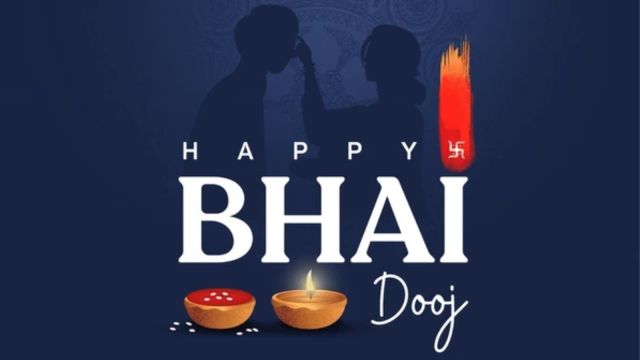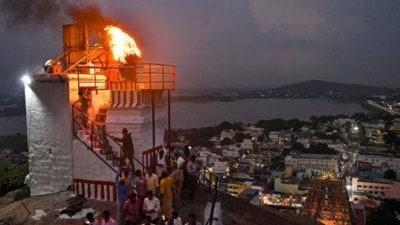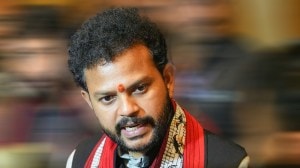Bhai Dooj 2024: Get to know Bhai Dooj date, timings, traditions and significance
Bhai Dooj 2024 Date and Timings: Marked by the special bond shared between a brother and sister, here's everything you need to know about Bhai Dooj.
 Bhai Dooj 2024: Date, Timings, Significance (Source: Shutterstock)
Bhai Dooj 2024: Date, Timings, Significance (Source: Shutterstock)Bhai Dooj is a significant festival in India, much like Raksha Bandhan. It is celebrated with great enthusiasm across the country. It is also known as Bhai Phota, Bhau Beej, Bhai Bij, Bhai Beej, Bhatru Dwitiya, Bhav Bij, Bhatri Ditya, Bhai Fota, and Bhai Tikka.
Marked by the special bond shared between a brother and sister, on the day of Bhai Dooj, sisters apply tilak on the foreheads of their brothers and pray for their prosperity and longevity.
Here is everything one might want to know about Bhai Dooj, from the date and timings to cultural traditions and more.
When is Bhai Dooj 2024: Date and Timings
Derived from the two words Bhai and Dooj. ‘Bhai’ means brother and ‘Dooj’ is the second day after the emergence of the new moon, the festival usually falls on the second lunar day of Shukla Paksha in the Kartika month, shortly after the vibrant festival of Diwali.
Falling on the 3rd of November which is Sunday, this year Bhai Dooj will be observed on the second lunar day of Shukla Paksha, according to the Vikram Samvat calendar.
The main rituals for the festival will take place on November 3, during the Aparahna time, which is from 01:17 PM to 03:38 PM. The auspicious Dwitiya Tithi for the festival begins on November 2 at 8:21 PM and ends on November 3 at 10:05 PM.
Why is Bhai Dooj celebrated?: History, Significance, Traditions
The history and origin of Bhai Dooj are rooted in various legends and mythological stories. One popular myth is associated with Lord Krishna and his sister Subhadra. According to it, after Lord Krishna defeated the demon Narakasura, he visited his sister Subhadra, who welcomed him with an aarti, applied tilak to his forehead, and offered him sweets. In return, Krishna blessed her and promised to protect her, which laid the foundation for the festival.
Another story relates to the god of death, Yama, and his sister, Yamuna (Yami). It is said that Yama visited his sister Yamuna on this day, and she welcomed him with an aarti and tilak. Yama was so pleased with her sister’s affection that he declared that any brother who received tilak from his sister on this day would be blessed with a long and prosperous life. This is why the day is also known as “Yama Dwitiya.”
All in all, these stories highlight the significance of the festival, which is to honour and strengthen the bond between brothers and sisters.
Bhai Dooj is a festival, that’s marked by the expression of love and duty between siblings, where sisters pray for their brothers’ well-being and prosperity, and brothers vow to protect and care for their sisters.
- 01
- 02
- 03
- 04
- 05































